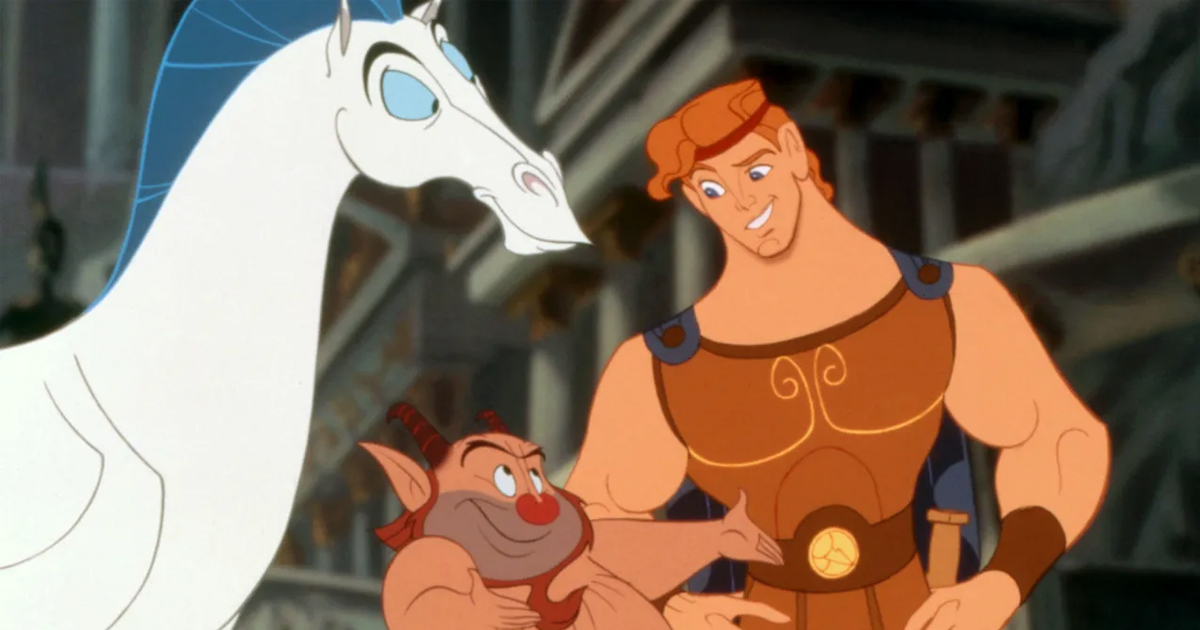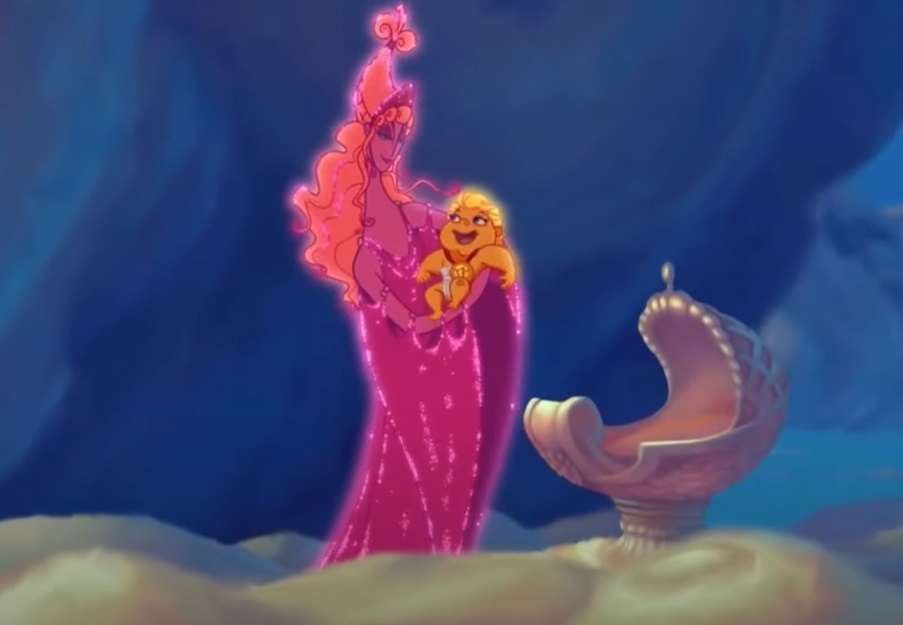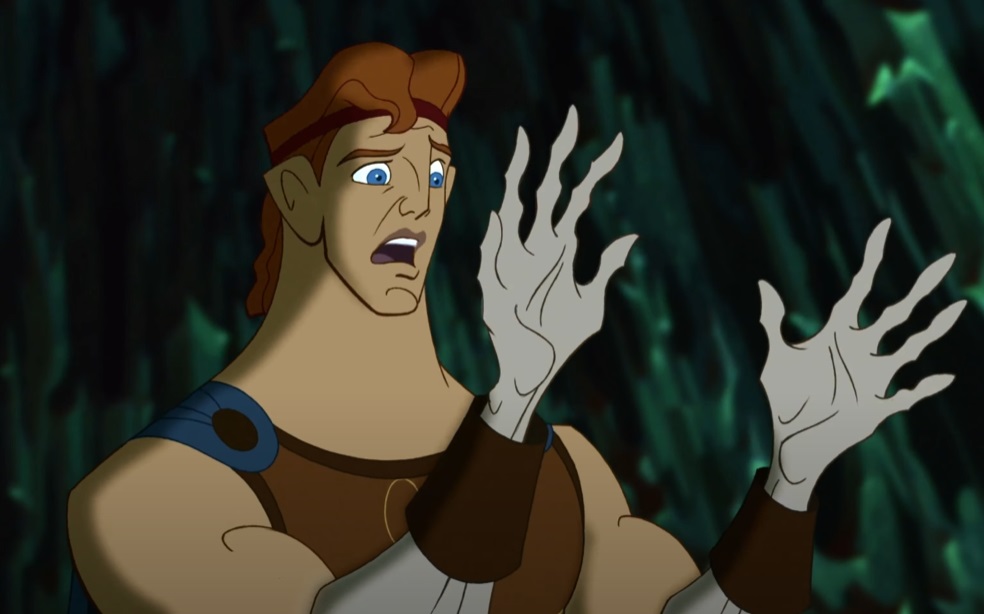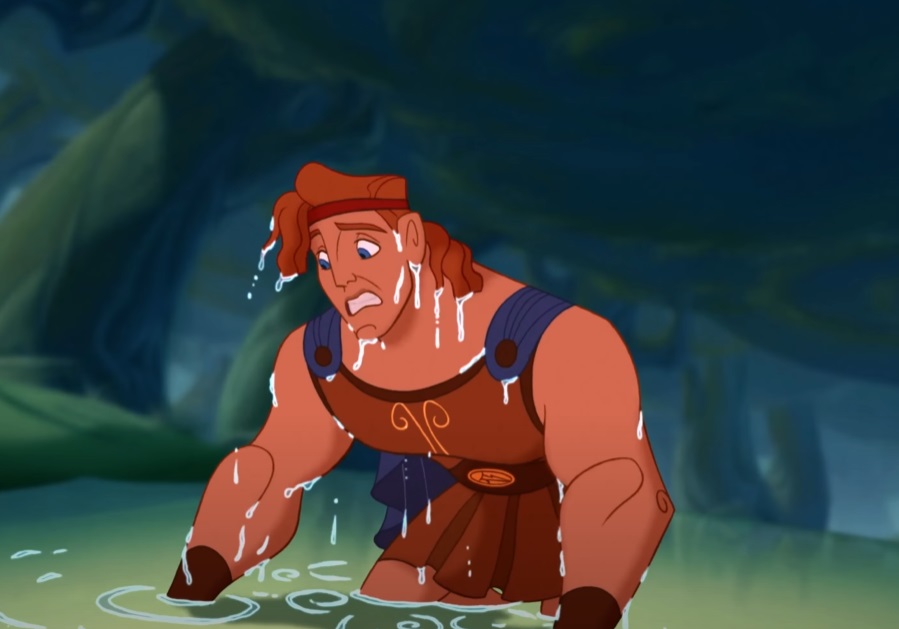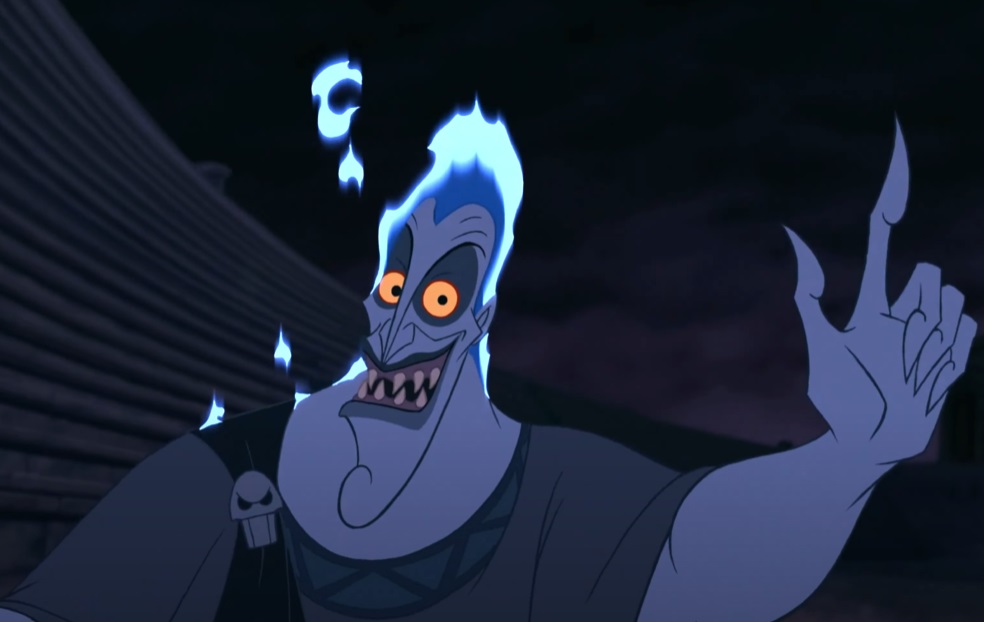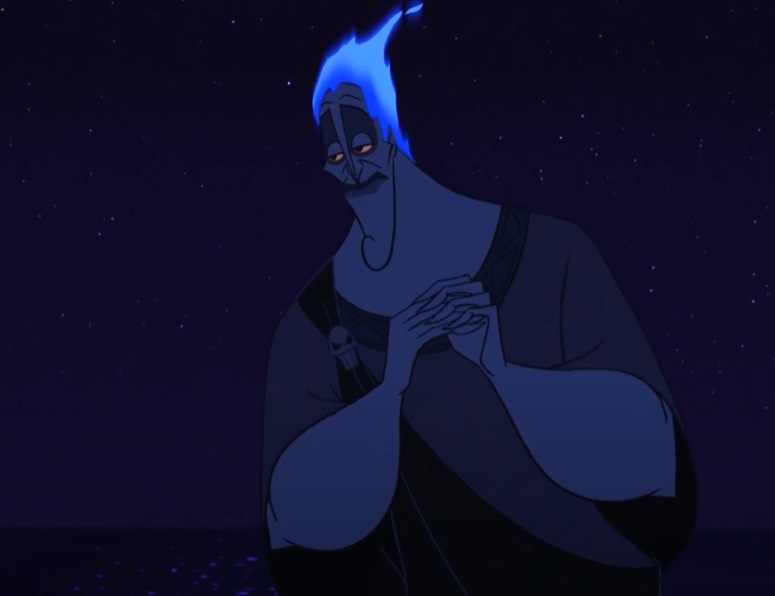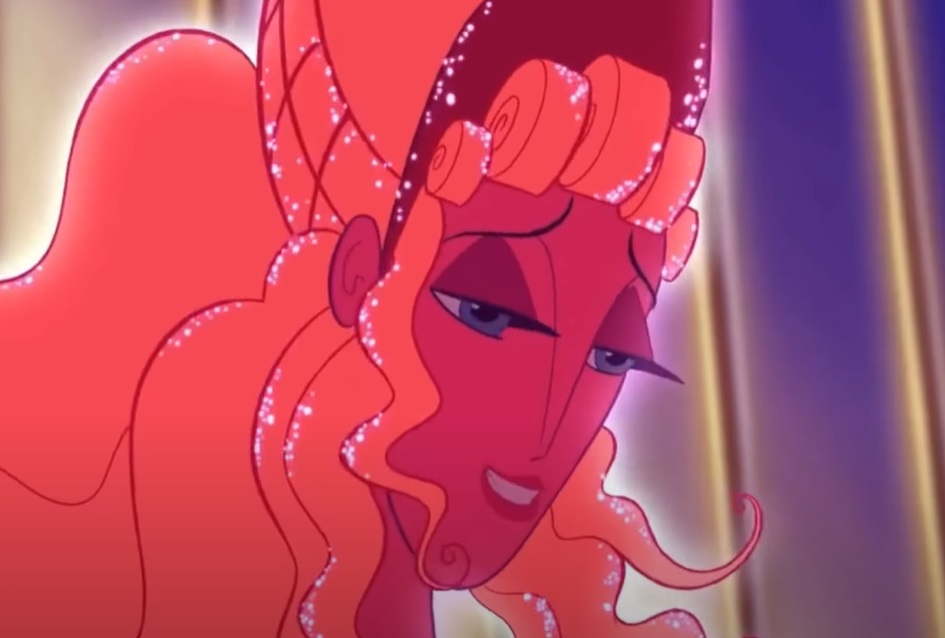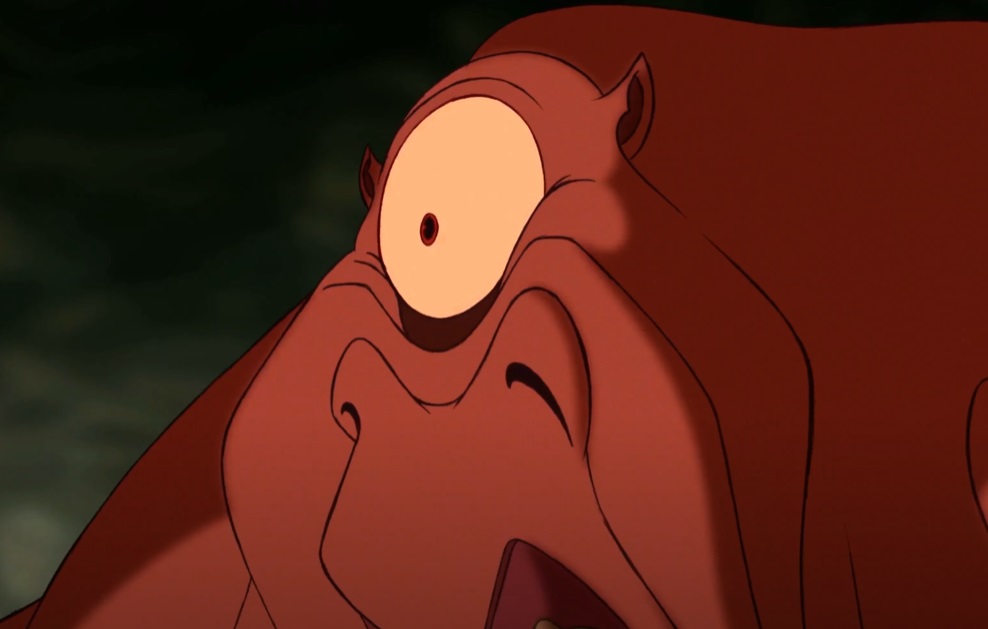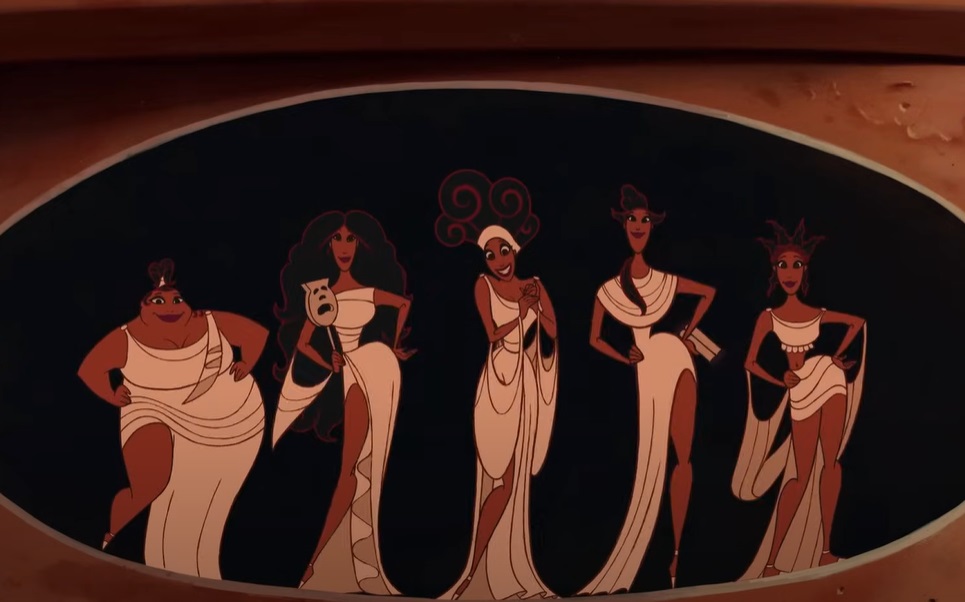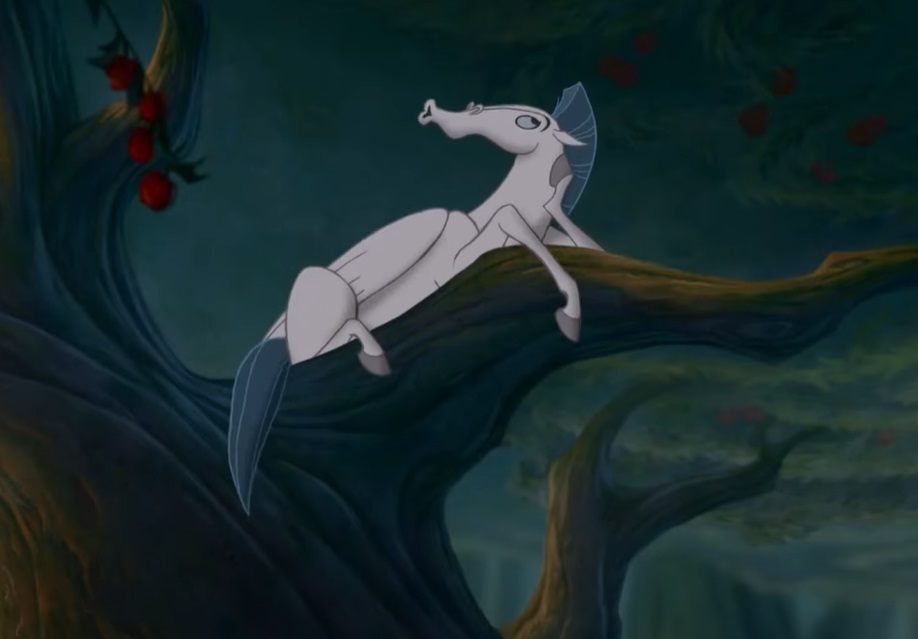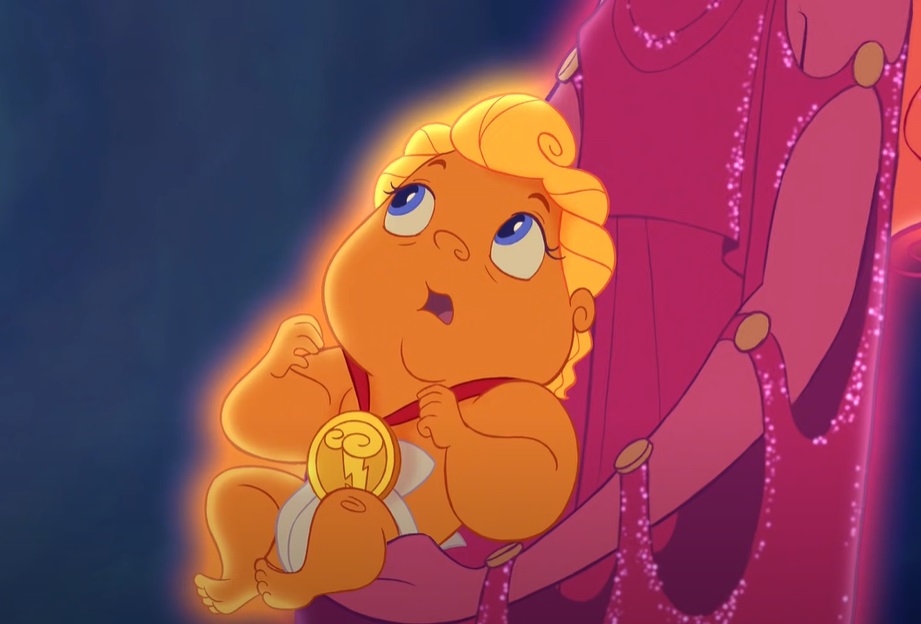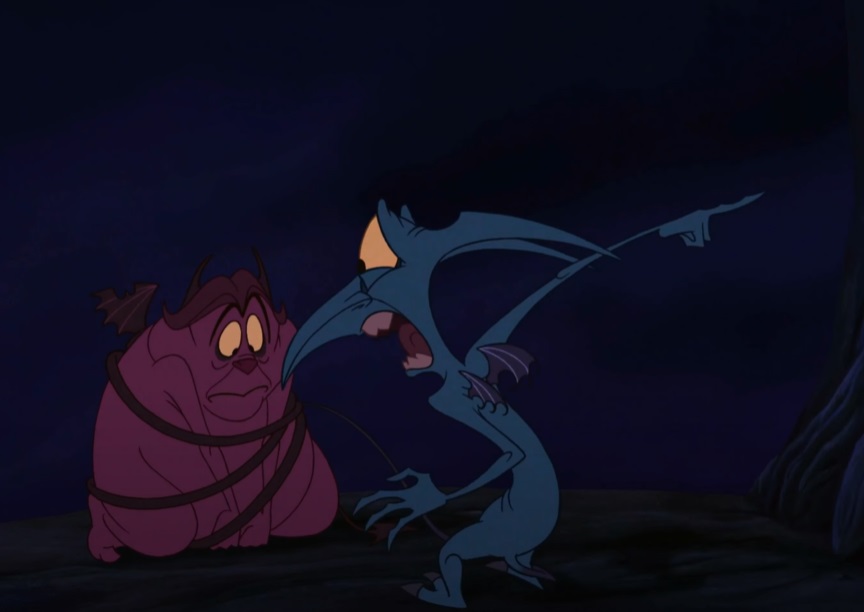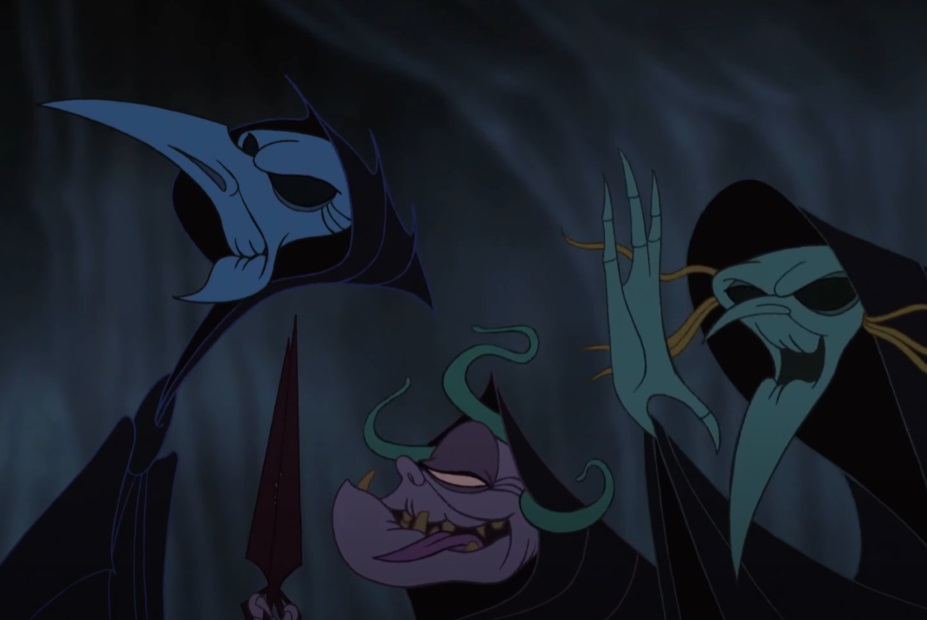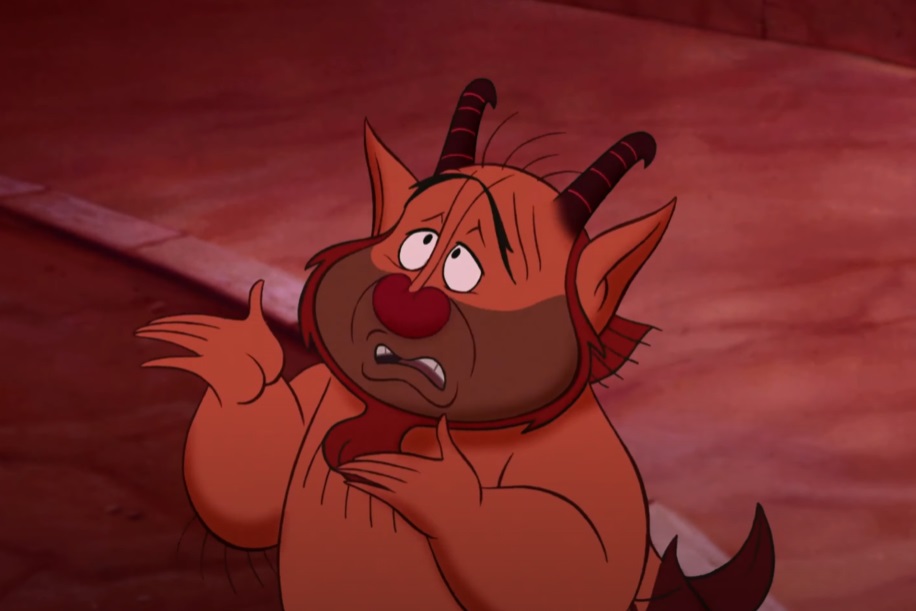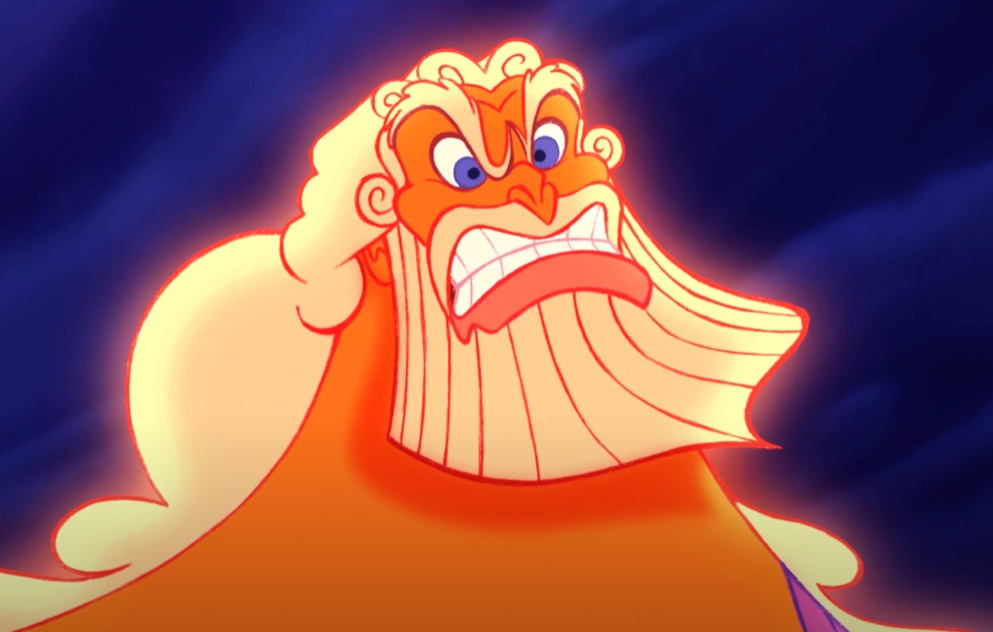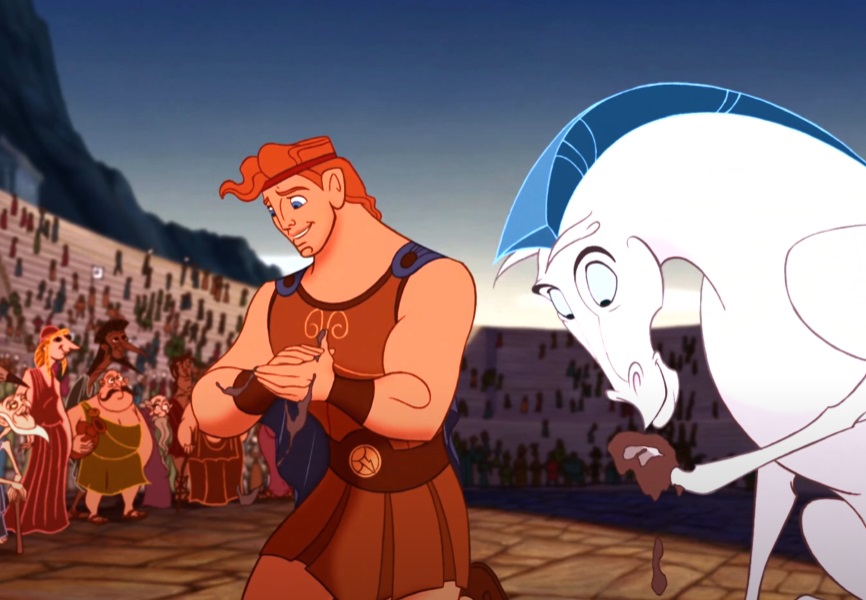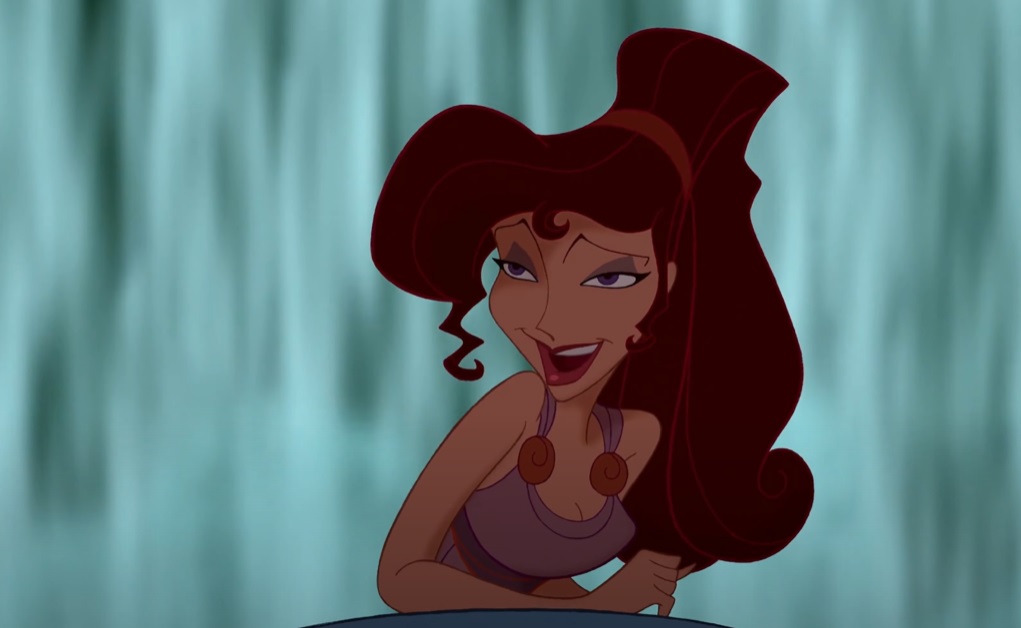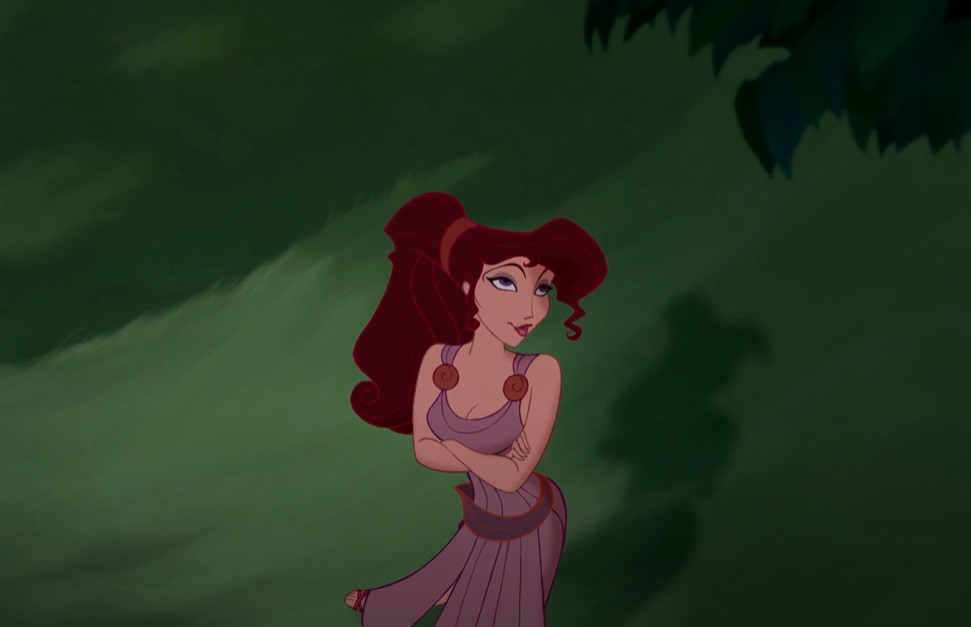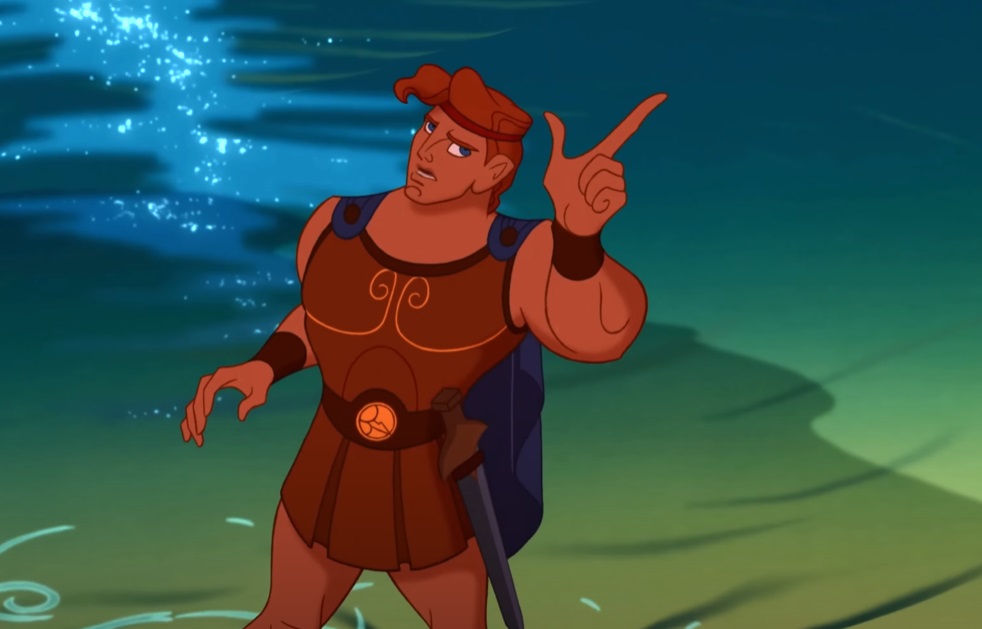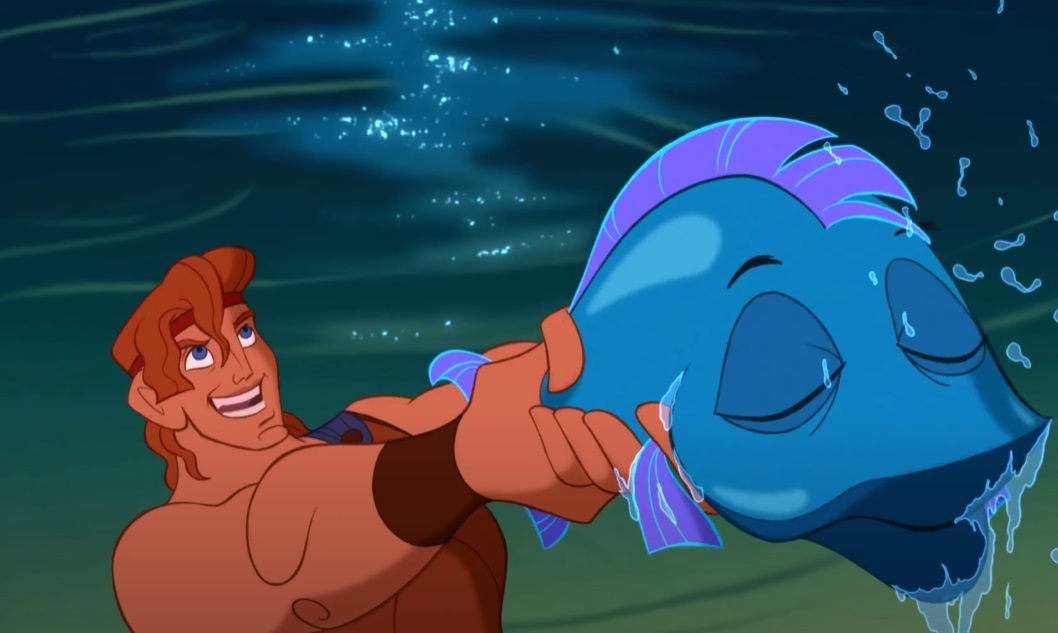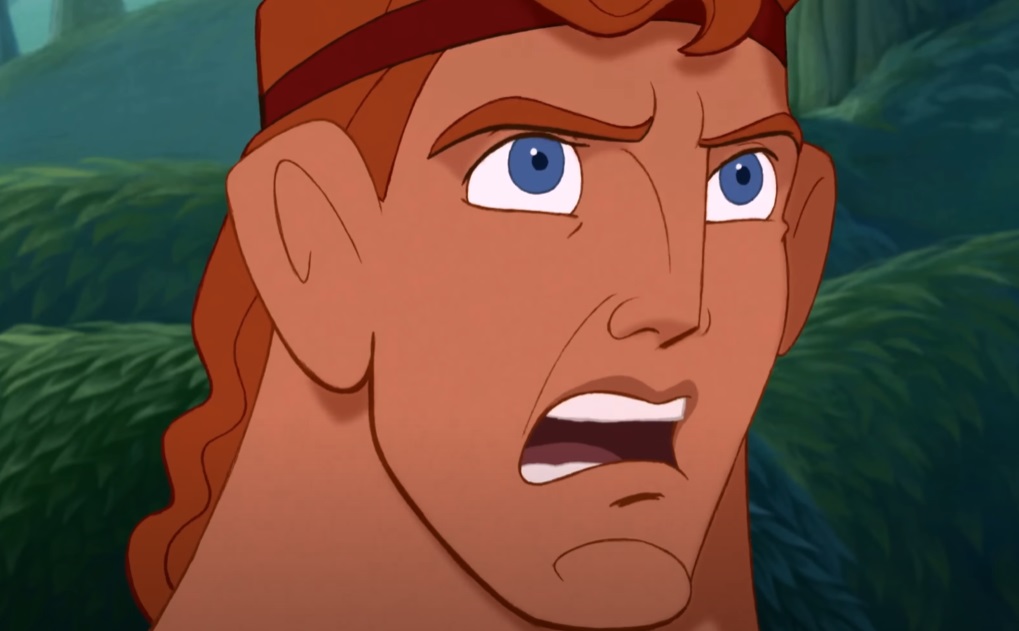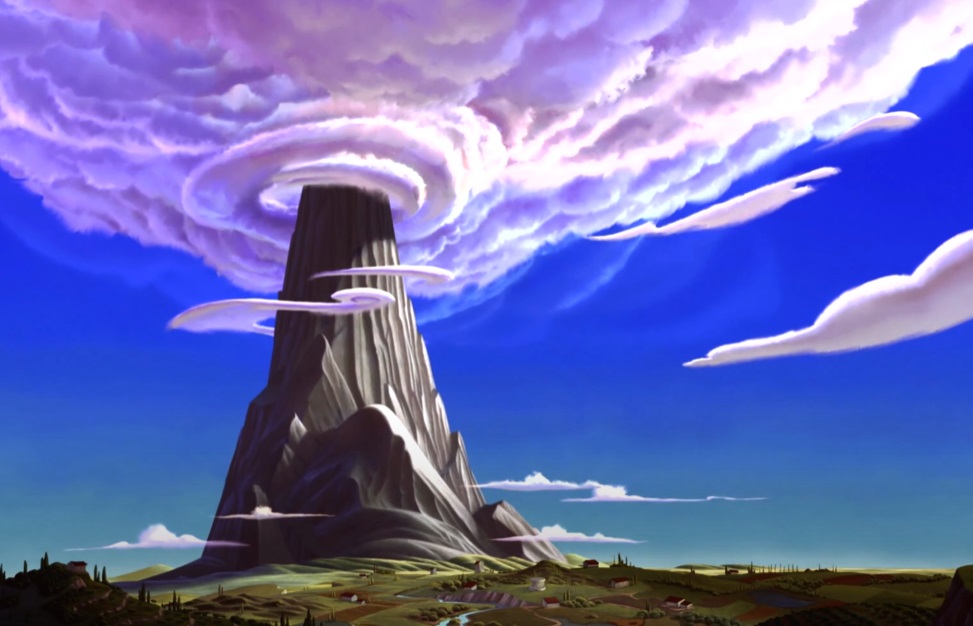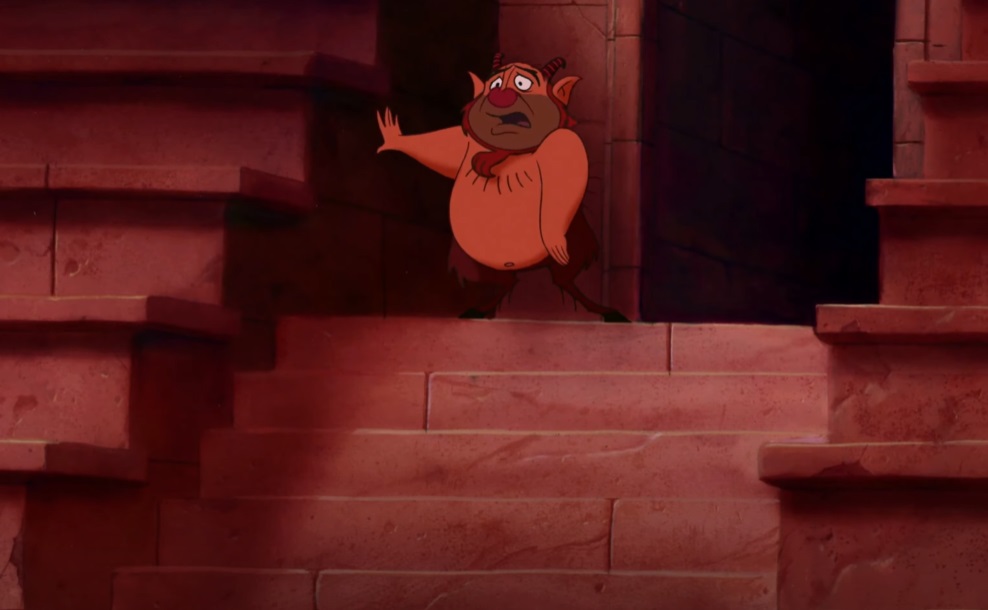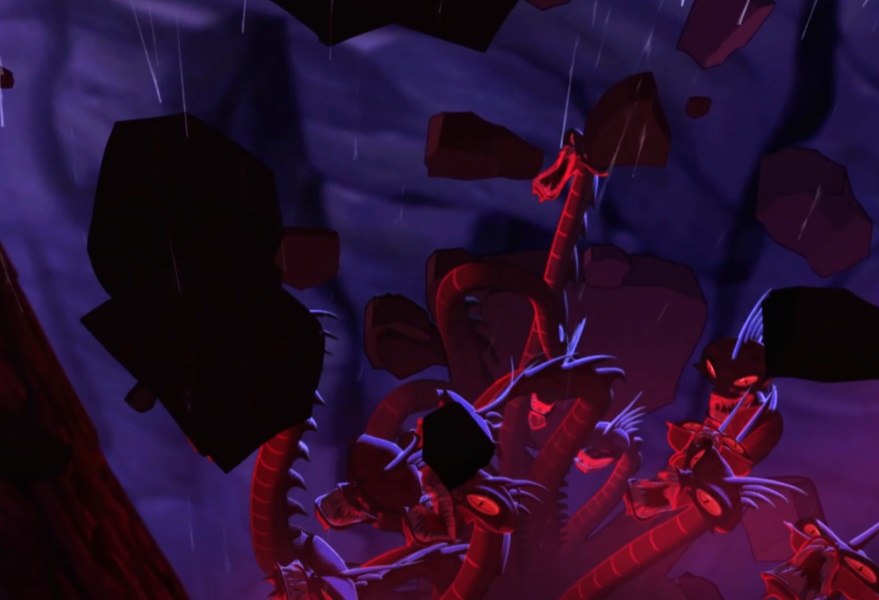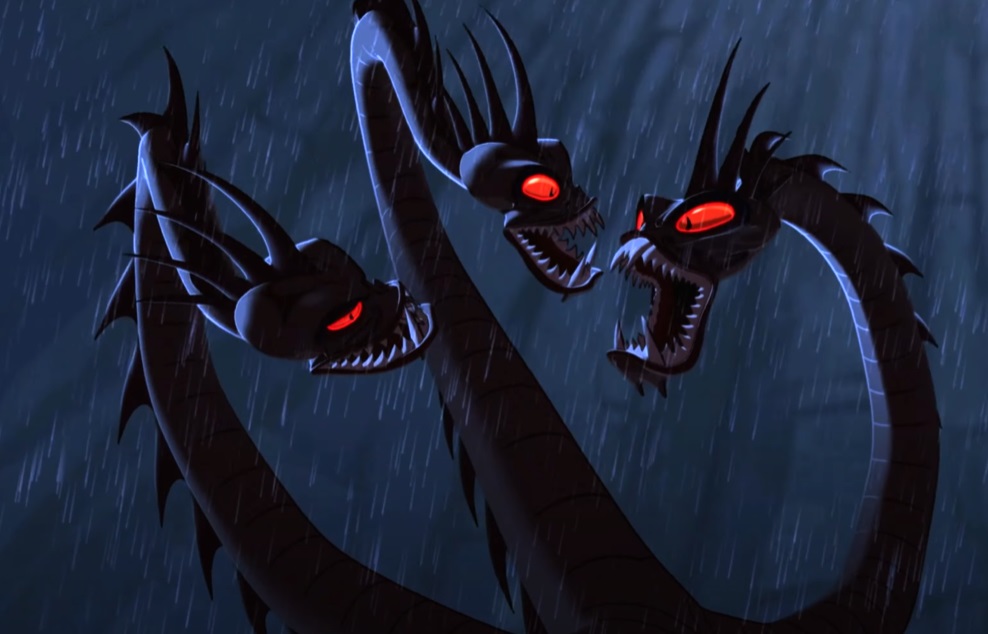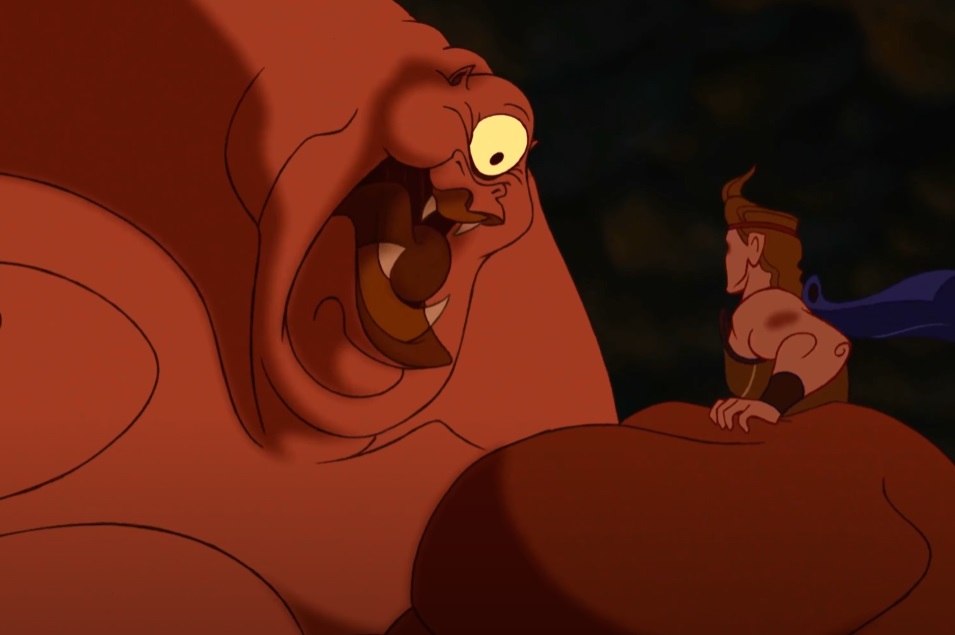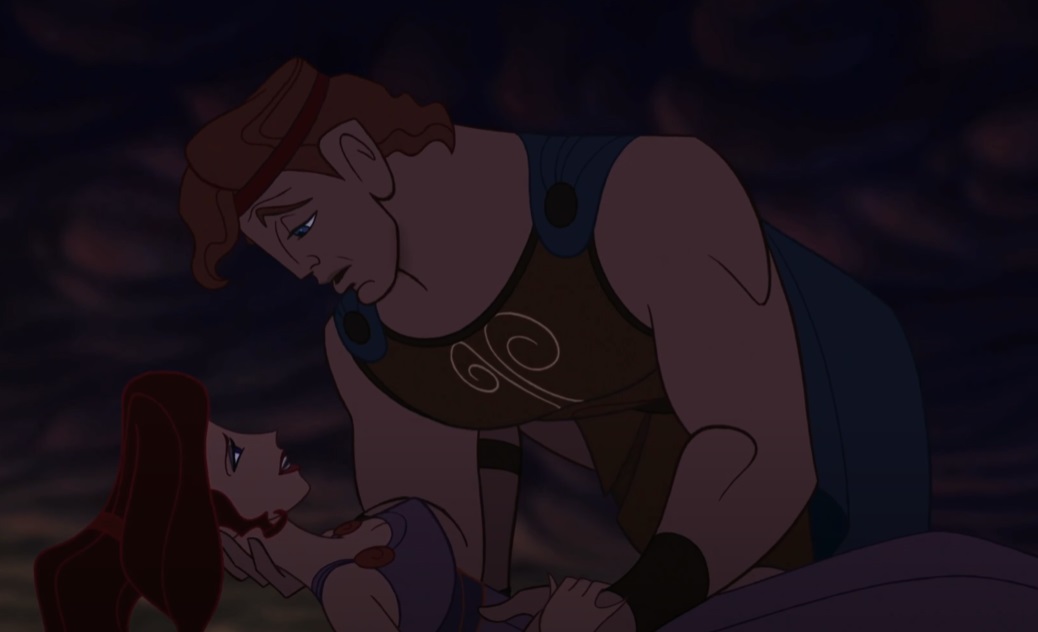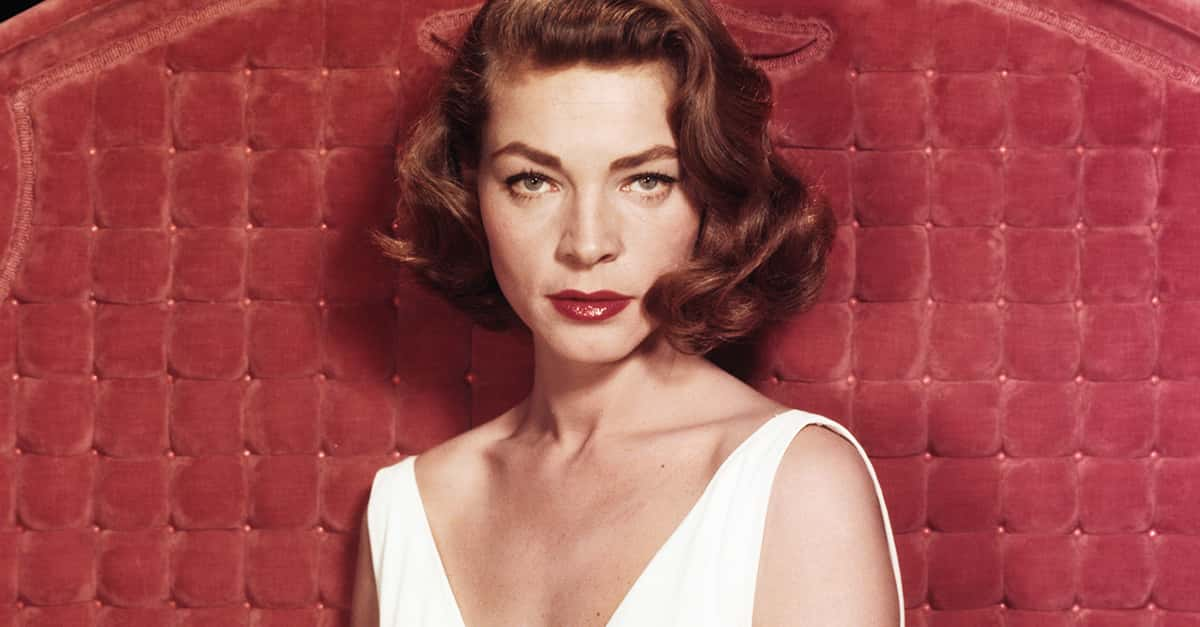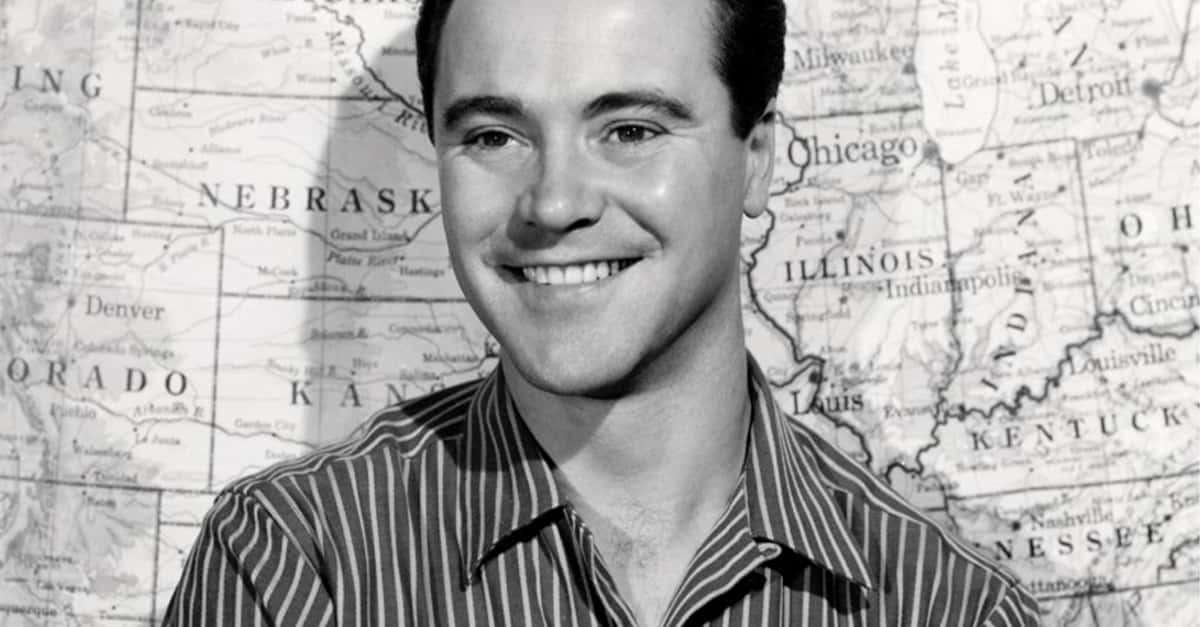Who put the "glad" in gladiator?
Disney's Hercules is a timeless, beloved animated classic that, for many of us, serves as a nostalgic token from our childhoods. But did you know the writers changed up many details of the famous demi-god's real story? Here are some of the biggest inconsistencies in the 1997 film.
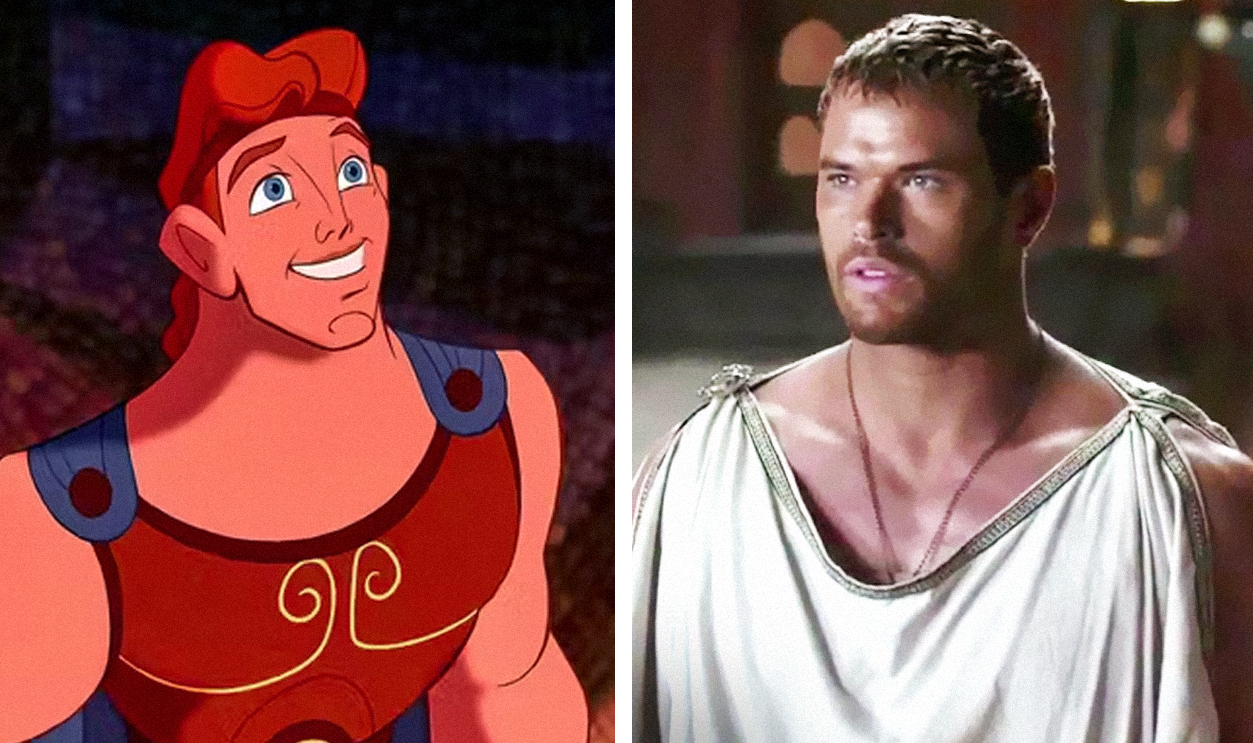
Hercules isn't his Greek name
"Hercules" is his Roman name. This is the name he's better known by, but it's an inaccuracy given that the film is set in Greece. His Greek name is "Heracles," which translates to "having the glory of Hera."
Heracles' real parents
Contrary to what was shown in the film, Hercules is the son of Zeus and a mortal woman named Alcmene. Hera, his stepmother, despises him; although the movie portrays her as a loving maternal figure.
Heracles was not a god from birth
In the film, Hercules is portrayed as a god who transforms into a human. According to the Greek myths, Hercules starts off as a mortal and only becomes a god after he dies.
There is no way to make a god mortal
In the Greek myths, gods can be put on Earth to live among humans, but nowhere in the texts does it say that there is a way to take away a god's immortality.
Hades' character is completely different
Hades was never an evil god. As the god of the underworld, he was depicted as the primary villain in the film—but the Greek myths describe him as a wise and strict leader with no personal grudge against Zeus or Hercules.
Hades also doesn't have flaming hair
In fact, in the Greek myths, Hades is not associated with fire at all. Disney likely created him that way in order to further symbolize his evil and antagonistic role in their film.
Hera is the true villain of his story
The movie inaccurately depicts Hera as Heracles' affectionate mother, but in the Greek myths, she is his antagonist. She despises him and seeks to make his life miserable. Heracles' name is derived from Hera and kleos, meaning "glory of Hera," as he tried in vain to please her. His original names are Alkaios or Alkeides.
Zeus had help defeating the Titans
Zeus did not single-handedly beat the Titans. His five siblings and other beings, such as the Cyclopes who forged his thunderbolts for him (rather than Hephaestus), assisted him in battle.
The Muses are from a separate Greek myth
There are five muses in the film, but the Greek myths actually name a total of nine. They are all daughters of Zeus and Mnemosyne, the goddess of memory, and they have no involvement in Hercules' story. They do sing, however.
Pegasus was not born from a cloud
In the Greek myths, Pegasus emerged from Medusa's head after Perseus killed her. Contrary to the film, Heracles never encounters him whatsoever—he is only ridden by Bellerophon and occasionally Perseus.
About that assassination attempt on baby Herc
The two snakes that tried to kill baby Hercules were actually sent by Hera in the Greek myths, rather than Hades. And they were just two venomous snakes, too—not Pain and Panic.
The truth about Pain and Panic
Pain and Panic's representation is unclear. They seem to resemble evil minions that are not not found in the Greek myths. They may be inspired by Phobos and Deimos, who are Ares' offspring and the personified spirits of fear.
The Fates were depicted incorrectly
The film confuses the Moirai (Fates) and the Graeae. The Graeae are the ones who share one eye. Also, the Moirai are not unattractive elderly ladies—they are wise figures who lean towards being impartial rather than harmful.
Phil is three mythical figures in one
Phil is actually a a mix of Chiron the centaur, Silenus the wise satyr, and Philoctetes, the hero who fulfilled Heracles' wish. The film does, however, accurately depict satyrs as lustful beings chasing nymphs.
The Olympians aren't as quirky and whimsical
The gods in the film are portrayed with a more lighthearted tone and are less intricate compared to their depictions in the Greek myths, where they are presented with complex personalities and relationships.
Heracles in the Greek myths had anger issues
Heracles had anger issues in the Greek myths which he had to overcome. The Hercules in the film is instead potrayed as a naive, attractive man who desires to prove his worth.
Megara had a worser fate
In the film, Meg is depicted as a bold romantic partner who made a deal with Hades. In the Greek myths, Megara is Hercules' first wife who he tragically kills when he is driven mad by Hera.
Megara was not a double agent
Megara working for Hades did not really make sense. Not only is Hades not evil, he also does not take people's souls or force them to work for him. There is no reason for him to demand followers on Earth.
Heracles had more than one love interest
Heracles had multiple wives and lovers in the Greek myths including Deianira, who played a significant role in his downfall. The film simplified his love life and put Megara at the forefront.
Heracles' true purpose was changed
The film centers on Hercules striving to find his purpose and to demonstrate his heroism in order to reclaim his status as a god. In the Greek myths, Heracles' quest is focused on seeking redemption and making amends for his misdeeds, including the killing of his family while under the influence of madness caused by Hera.
Heracles' labors are not explored in depth
The film does not portray the Twelve Labors of Hercules accurately, which are important tasks he has to do as punishment. Only a small number of them are mentioned or shown (and briefly at that).
The real story went beyond Thebes and Mount Olympus
The film mostly bases Hercules' story in Thebes and Mount Olympus, but in the Greek myths, his story takes him to several significant locations in Greece.
Phil's just a straight-up hater
Phil's depiction of Greek heroes in the film is flawed. He claims that every Greek hero he has seen has always fallen short, but that isn't the case in the Greek myths. For example, Odysseus outsmarted Troy with the wooden horse, Perseus beat both Medusa and Cetus, and Theseus prevailed over the Minotaur.
The Hydra in the Greek myths is slightly different
The mythical Hydra only has nine heads, and they do not not increase infinitely. Heracles defeats it by burning the remnants of its heads so they cannot regrow, not by smashing them with rocks as the film portrayed.
The Titans aren't just dumb, giant monsters
The Titans are actually ancient gods that bore a similar appearance to the Olympians but larger. They were imprisoned in Tartarus by Kronos' offspring. More than five Titans exist, and some are mixed with the Gigantes. Heracles helped the gods fight the Gigantes, which were the giant enemies of Olympus.
The Cyclops had a much different role
The Cyclopes in the Greek myths were a race that allied the gods by providing Zeus, Poseidon, and Hades with their iconic weapons. Despite being depicted as giant monsters in movies, they were actually smaller. In the film, Hercules took credit for blinding the Cyclops with a torch, claiming the achievements of other heroes as his own.
Heracles doesn't give up being a god just to stay on Earth
In the Greek myths, there is no such thing as switching between god state and mortal state. Disney likely added it to their version to create their trademark "happily ever after" for Hercules and Meg.

